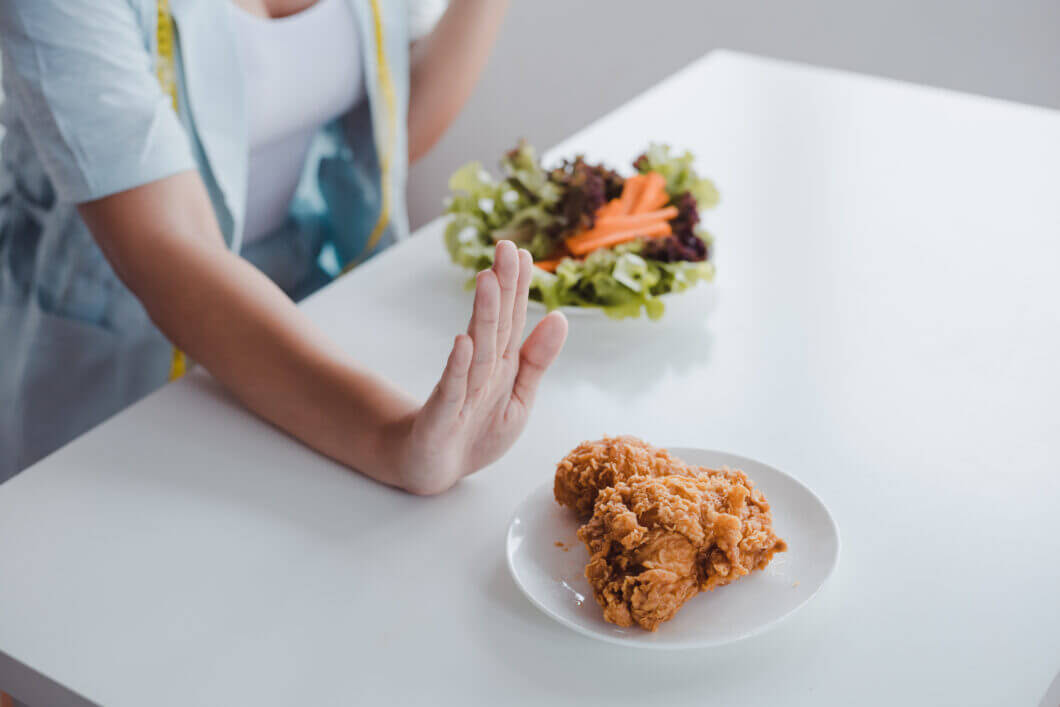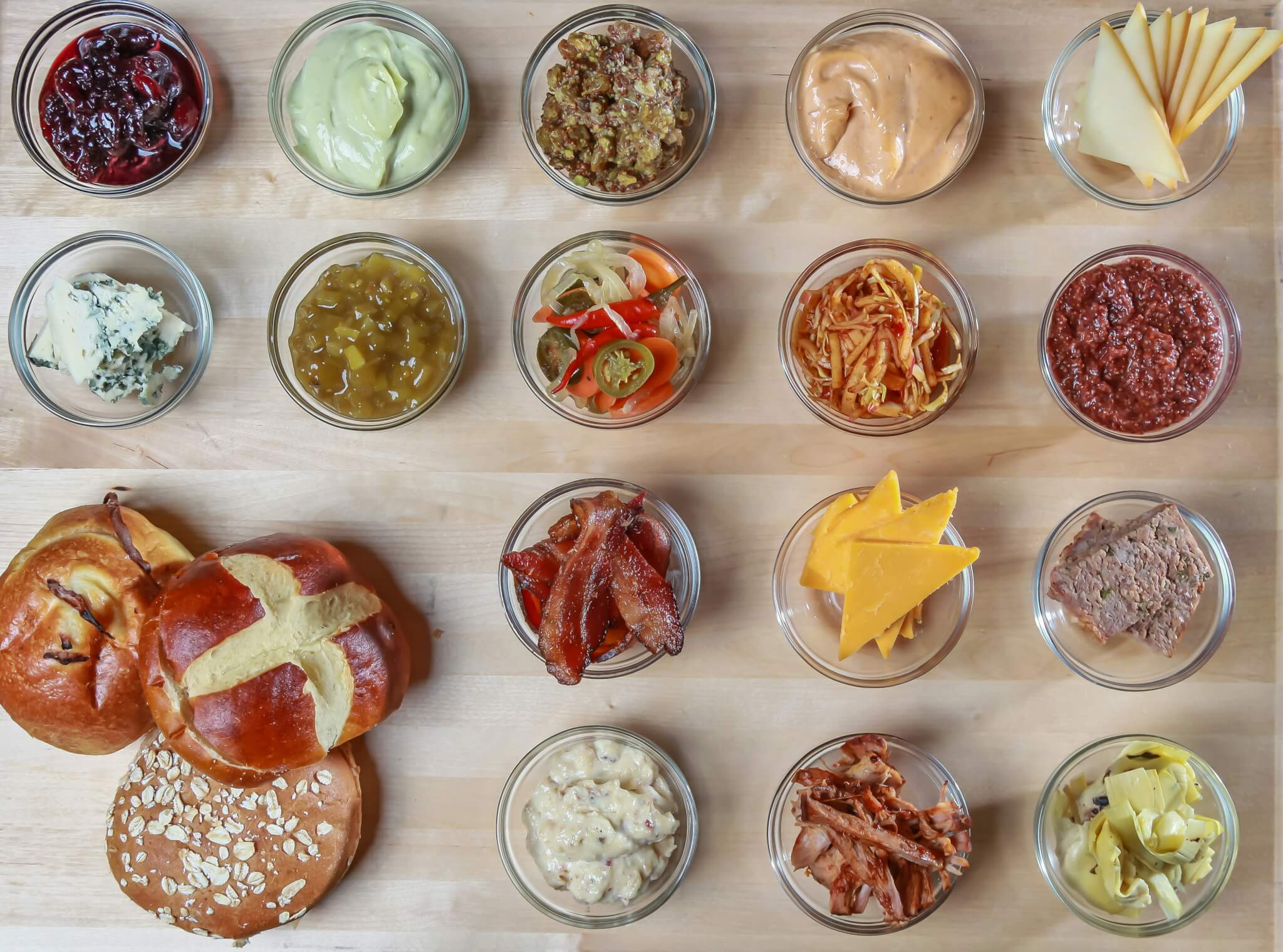How can we control our hunger?

New research shows that people who suffer from high blood sugar levels, a few hours after eating, end up feeling hungrier and consuming more calories during the day than others.
The study is published today in Nature Metabolism and is from PREDICT, the largest ongoing nutritional research program in the world, which analyzes responses to food in real-life conditions. The research team at King’s and the health sciences company ZOE have found out why some people struggle to lose weight, even in calorie-controlled diets, and emphasize the importance of understanding personal metabolism when it comes to diet and health.
The research team collected detailed data on blood sugar responses and other health markers from 1,070 people after eating the standardized breakfast and freely chosen meals over a two-week period, adding up to more than 8,000 breakfasts and 70,000 meals in total. The standard breakfast was based on muffins that contain the same amount of calories, but which vary in composition in terms of carbohydrates, proteins, fats and fiber. Participants also performed a blood sugar response test (oral glucose tolerance test) to measure how well the body processes sugar.
Participants wore continuous glucose monitors (CGMs) to measure their blood sugar levels throughout the study, as well as a portable device to monitor activity and sleep. They also recorded their hunger level using a phone app, along with exact data on what and when they ate during the day.
Previous postprandial blood glucose studies have focused on how levels rise and fall in the first two hours after a meal, known as peak blood sugar. However, after analyzing the data, the PREDICT study team observed that some people experienced rapid and significant drops in blood sugar levels 2-4 hours after this initial peak, where blood sugar levels dropped rapidly below baseline before returning. .
“It has long been suspected that blood sugar levels play an important role in controlling hunger, but the results of previous studies have been inconclusive. We have now shown that low blood sugar is a better predictor of subsequent hunger and calorie intake than the initial peak blood sugar response after a meal, changing the way we think about the relationship between blood sugar and the foods we eat. we consume. ”- Dr. Sarah Berry of the School of Life Sciences
Professor Ana Valdes of the University of Nottingham School of Medicine, who led the study team, said:
“Many people struggle to lose weight and keep away only a few hundred extra calories. Our finding that low blood sugar after eating has great potential to help people understand and control their weight and long-term health. ”
The study’s lead author, Patrick Wyatt of ZOE, notes: “This study shows how portable / mobile technology can provide valuable information to help people understand their unique biology and take control of their nutrition and health. By demonstrating the importance of sugar reductions, our study paves the way for personalized data-driven guidelines for those who want to manage their hunger and calorie intake in a personalized way that works optimally for their body. ”
According to this important information, the Dahna application comes to your aid with a personalized plan for your metabolism!
Take control of your health and control your hunger! With the recipes recommended by the Dahna application, you will develop a healthy habit, you will have a feeling of satiety and your body will have all the necessary daily nutrients.
Source here.












